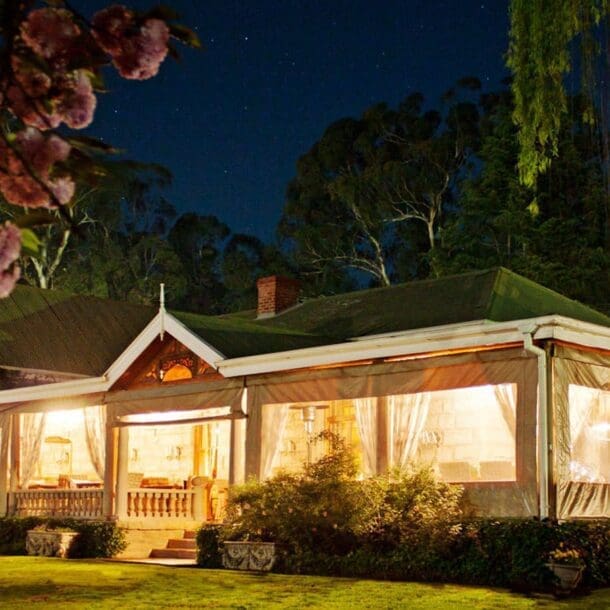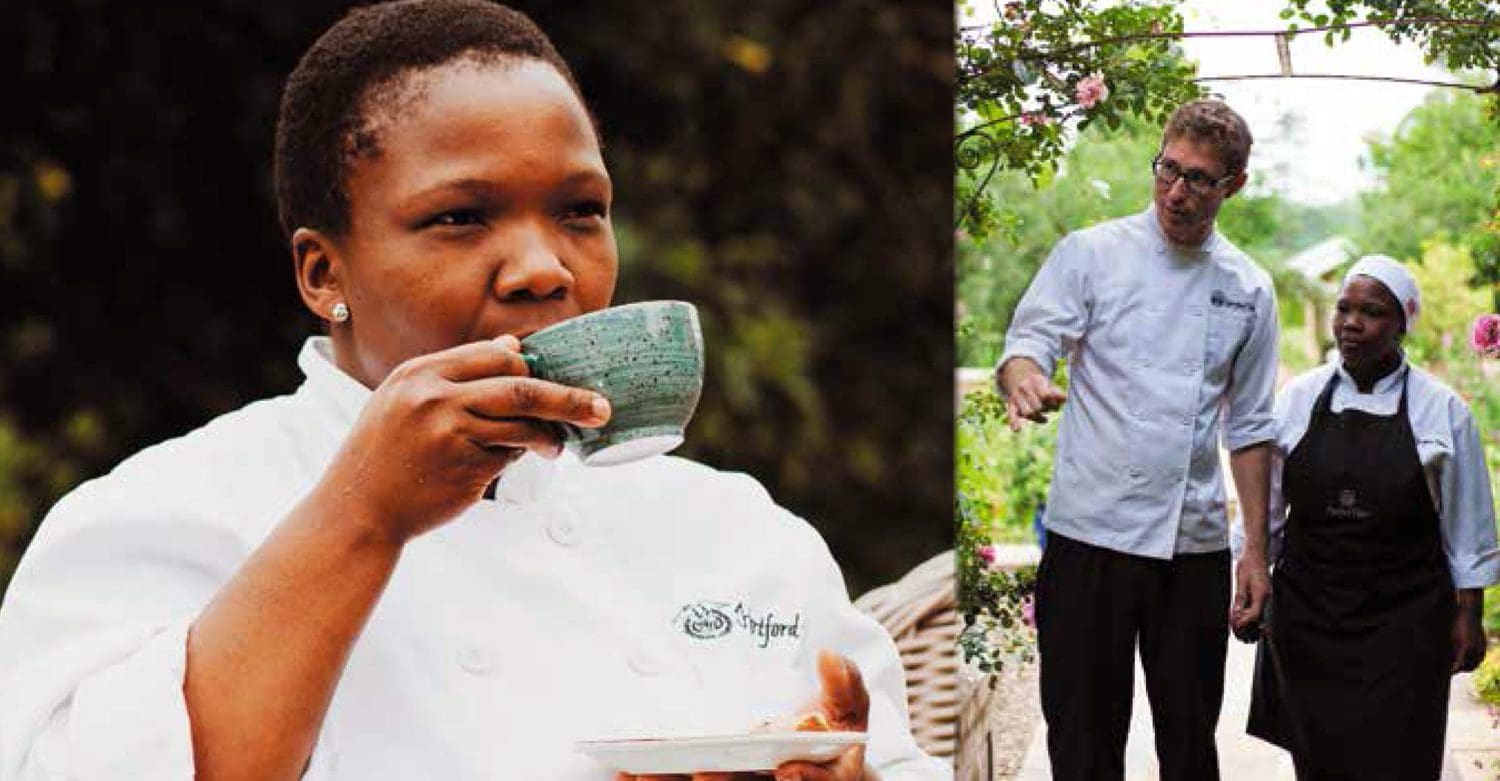
Chef Zinhle Majola – Unsung Hero

“These days, I know that care and confidence work together to make for success in the kitchen.”
— Chef Zinhle Majola
HARTFORD IN OUR VEINS
I have always lived at Hartford. Long before this property became a hotel, it was a farm. I went to school here. In those days, my grandfather, Johannes Mhlushwa Majola, used to feed and care for the horses. My grandmother, Regina Majola, worked as a housekeeper. Even today, I’m surrounded by family – my sister, Thembekile, and my cousin, Gugu, both work here. I think it may continue into the future – my girls, Noxolo (15) and Xolisa (13) talk about coming to work with me when they are older.
COOKING, THE LIFE SKILL
Even if my daughters don’t follow in my footsteps, I still make sure they learn to cook and we bake together quite a lot at home. They like to make cakes, but I often insist that they bake bread with me, because I want them to know they don’t have to buy such things. It’s easy to bake bread and home-made always tastes better – plus, it’s much healthier. It gives me great pleasure to pass on those sorts of small yet important skills that will make Noxolo and Xolisa independent. I think what mothers want most is for their children to have healthy and successful lives. Cooking – and knowing what you don’t have to rely on a shop for – plays a part in that journey to health and success.
TRADITIONAL WAYS
I believe in the acquired skill of cooking, because that is what my Granny Regina taught
me – although the kind of cooking I learned from her as a child is very different to what I do
at Hartford today. When I was younger, the first things I mastered were classic Zulu foods like
isijingi with pumpkin and mealie meal. We didn’t have a stove or an oven, so my granny showed me how to cook over an open fire. We used to make ujeqe steamed cornbread wrapped in mealie leaves and cooked in a cast iron, three-legged pot. At the hotel, we have fancy steamers; but in those days, we used to make a kind of lattice from maize stalks, then placed the water underneath and the bread dough on top of the lattice. After that, we made a fire, put the lid on and allowed it to steam until cooked through. Simple but delicious
FROM FRITTERS TO FLYING COLOURS
I started in the scullery, but I always wanted to cook; so, I watched and I helped the chefs whenever I could. By the time I got the chance to officially join the kitchen staff, I already knew quite a few of the recipes. That doesn’t mean everything went smoothly! I remember the first solo cooking task I was given was to make corn fritters for the breakfast menu. It’s a simple recipe – just sweetcorn, a little flour, an egg and some baking powder – but somehow, I forgot to add the baking powder. They should be puffy and light, but that day mine stayed flat and heavy. I had seen them made 1 000 times over, but my nerves got the better of me and caused me to make this mistake. I was so embarrassed! It still makes me blush if I think about it now. I have had lots of successful culinary years since then but, somehow, that first blunder really influenced my cooking style, going forward. It’s one of the things that working in the kitchen at Hartford has taught me – nerves get in the way. You have to put them aside in order to give your best output.
CATERING FOR EVERY TASTE
These days, I know that care and confidence work together to make for success in the kitchen. I mostly work at Tijnhuis (Hartford’s tearoom). Chef Constantijn Hahndiek is very generous in the way he mostly gives me free rein to decide on the menu. We make everything, from walnut bread and lemon meringue pie to soups and salads. I have a lot of freedom to change menu entries, depending on the season and the preferences of individual guests who are staying with us. If someone tells me they particularly love carrot cake or they have been craving a baked cheesecake, I will make sure those sweet treats are available. If they remember a particular soup from a previous visit, we can do that for them too. I love everything on the menu and my favorite item changes often, but I think my best-loved dish at the moment is the smoked salmon trout, herbed cream, watercress, pickled cucumber and apple salad. The ingredients are all local (even the trout) and, somehow, the flavors just sing.
Contact
Hlatikulu Road, Mooi River
KwaZulu-Natal, 3300, South Africa
Tel: +27 (0) 33 263 1081
Cell: +27 (0) 66 185 3982
Enquires: Email Us
POPIANewsletter
Awards

REVIEWS







